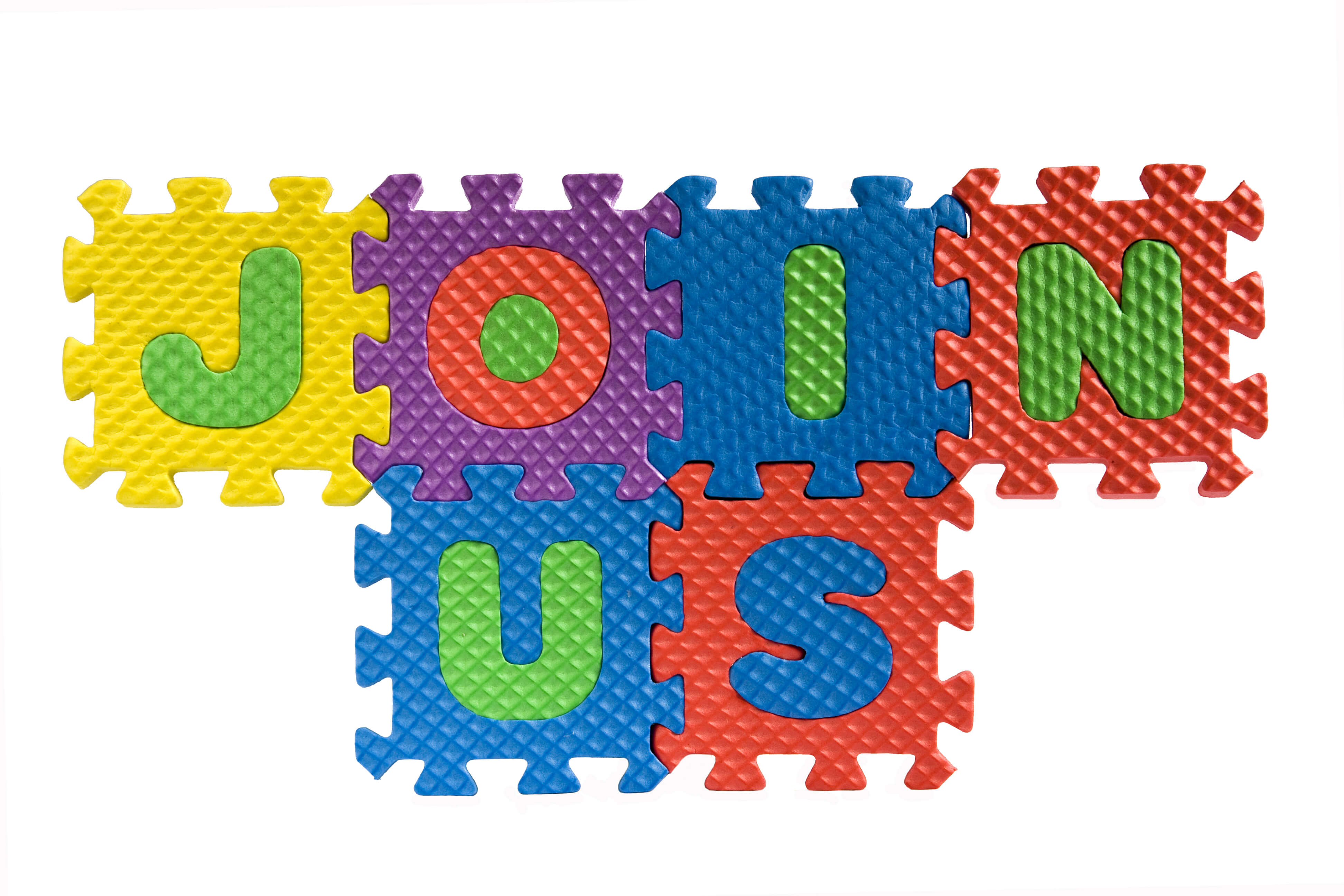We finally sent to the Cloud Redlink’s new website and we will release in the coming months the APIs that will allow developers and enterprises to plugin semantic technologies and linked data services to their existing applications and workflows.
Redlink is a company headquartered in Salzburg, Austria and co-founded by Insideout10 (the sister company of Interact Egypt), Zaizi (an experienced open source ICT consulting firm based in the UK) and the amazing team of researchers behind Apache Stanbol and Apache Marmotta.
Here is a quick introductory video where I explain where the Redlink name comes from.
[vimeo http://www.vimeo.com/70491151 w=400&h=300]




